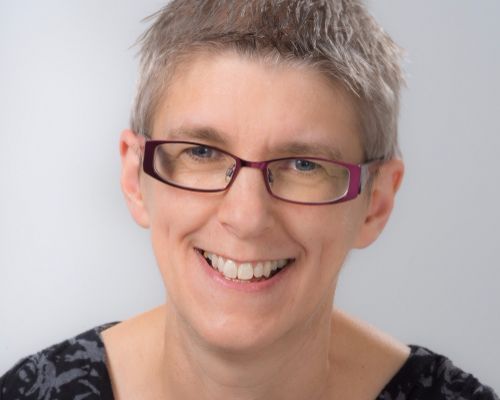
It’s Not Impossible: Reflections on Coproduction and Best MSK Health
Sue Brown
- Person-centred care
- Lived experience
For the last 18 months I have been working closely with NHS England’s BestMSK Health programme; coming off the back of COVID with challenges of the ever-escalating waiting lists, it’s complex and fast paced. It is also committed to co-production and a focus on personalisation.
Musculoskeletal (MSK) covers a wide range of conditions, most of which will be managed in primary and community services. Some will need secondary care, such as surgery or ongoing support from rheumatology. Each bit of the system depends on the others. When something goes wrong, everyone feels it – especially the patients.
Commitment to Coproduction
From the start, BestMSK Health has had a commitment to co-produce the programme. It took time to work out how, and to get all the stakeholders on board. Each workstream has a lived experience partner. These partners form a lived experience group and allow for a more diverse range of lived experience voices. Stakeholders have equal status (including me, and I bring neither clinical expertise, nor direct lived experience to the table). Ideas and arguments are debated on their merit. The focus is getting it right, not on being right.
Personalised care is also increasingly included across the programme – shared decision making, supported self-management, what matters to me. Lots of concepts that fit very well with National Voices’ vision. There is a recognition that without this, and a focus on prevention, services can never hope to deliver what the population will need.
Local Implementation
Of course, it’s not all plain sailing. Some workstreams embraced this more easily than others. Everyone will sometimes slip back into siloed thinking or focus on what matters for the system, not the patients. But there is always someone there to challenge. The real test will be local; BestMSK Health as a national programme needs implementing locally. I hope that this will happen once the principles of personalisation and co-production are sufficiently embedded; it already is in some places.
I am convinced that BestMSK Health will make better decisions and spend public money more effectively as a result. It also shows how it is possible to embed co-production and personalisation in a fast-paced complex programme.
What makes it happen in MSK? I think the answer is leadership. There are some exceptional leaders involved, including the lived experience partners, who share a commitment to getting this right even when it is difficult. The close involvement of relevant national patient organisations, including ARMA, also makes a big difference.
A Collective Voice
My experience with BestMSK Health has been positive. I am not naive enough to think it will be easy – culture change on this scale never is. The collective patient voice through National Voices is important in creating an environment where personalisation and co-production are valued. We value our membership and the links it gives us with a range of patient organisations who are pushing in the same direction.
Biography
Sue is the CEO of the Arthritis and Musculoskeletal Alliance (ARMA), a role which she took up in February 2017. ARMA is an alliance of patient charities, research and health profession organisations, working together, influencing health policy and care for better musculoskeletal health.